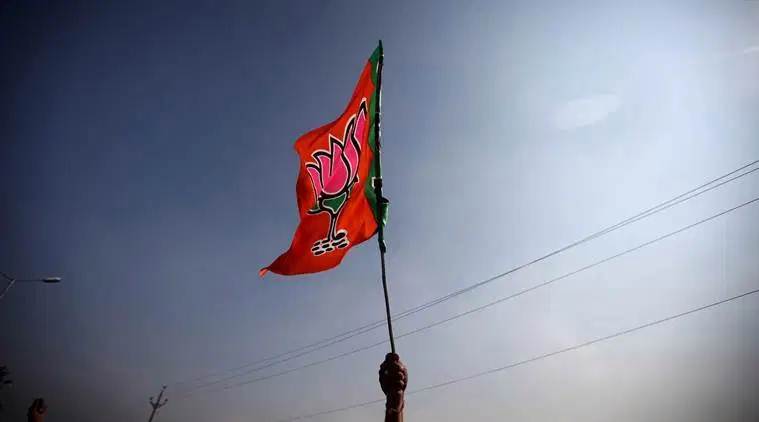 Sources said around half the existing team is likely to change, with young people getting preference over the old guard to improve the party’s structure and performance in the national capital.
Sources said around half the existing team is likely to change, with young people getting preference over the old guard to improve the party’s structure and performance in the national capital.
The Delhi BJP has decided to give young people preference in its new team and has fixed a maximum age limit for new office bearers, with those below 45 to be elected block presidents and those below 55 as district presidents, said party’s Delhi chief Adesh Gupta.
He said the suggestions were given in a core group meeting held on Sunday evening to discuss the criteria to select the new state team. This will promote young and new people and prepare a future pool of leaders, he said.
Dividing the city into 14 districts and 280 blocks, the state unit has to select general secretaries, vice-presidents, secretaries and morcha heads, media panelists, spokespersons and in-charges this month.
The meeting was also attended by BJP national general secretary Arun Singh and women’s wing national president Vijaya Rahatkar, appointed as central observers for formation of the new state team. Party MPs were also present.
Sources said around half the existing team is likely to see changes, with young people to get preference over the old guard to improve the party’s structure and performance in the national capital. The BJP has been out of power for 23 years in Delhi. It currently has eight MLAs in the 70-member Vidhan Sabha.
A BJP MP said the central leadership has asked to start preparing a future pool of leaders, and the same was seen in the selection of Adesh Gupta as state president. On similar lines, the MP said young people would be given preference in the new team.
The new team will have its task cut out as it gears up to contest the MCD polls in 2022, where it has been in power for over a decade.
Sources said party leaders have also been told to suggest names of people who have worked for the organisation for a longer period at the grass-root level, and not just those who are vocal on social media.
Sources said a former MP suggested during the meeting that leaders seeking appointment as district or block president must give an undertaking that they will not seek or demand a party ticket in the municipal polls, as it leads to office bearers focusing mostly on that ward from where he or she is planning to contest while other areas get ignored. However, the suggestion was opposed by another MP.
This is the first time that the central unit had to appoint two observers to oversee formation of the team due to factionalism in the state unit.